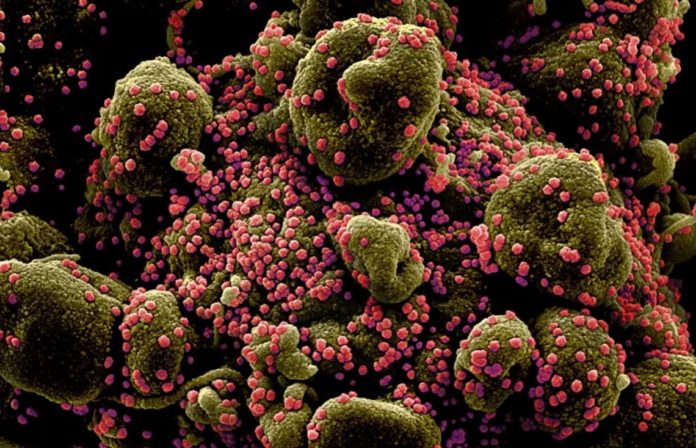Mark Woolhouse, Professor of Epidemiology at the University of Edinburgh School of Medicine, has urged more thought about planning for future pandemics due to the risk of an already emerging new disease.
Mark Woolhouse said that in 2017, he and some colleagues got the World Health Organization (WHO) to add something called disease X to its list of priority diseases.
He detailed: “We thought that the next emerging pandemic might be a virus that we don’t even know about yet – quite frankly we thought it was the most likely scenario.”
- Scientists in Fear of This New Predator From Red Sea Eating Native Species in Mediterranean
- Does This Mean We Stopped Being Animal and Started Being Human Due to ‘Copy Paste’ Errors?
- The One Lifestyle Choice That Could Reduce Your Heart Disease Risk By More Than 22%
- Aging: This Is What Happens Inside Your Body Right After Exercise
- Immune-Boosting Drink that Mimics Fasting to Reduce Fat – Scientists ‘Were Surprised’ By New Findings
Professor Woolhouse added that at a meeting, the following year, experts considered that the disease could be a new coronavirus related to MERS or SARS.
Professor Jean-Jacques Muyembe Tamfum, a doctor who helped discover Ebola, has raised the same alarm about new emerging diseases.
When asked if he believes that future pandemics could be more apocalyptic than COVID-19, he said, “Yes, yes, I think so.” And he recalled that Ebola, for example, had a mortality rate as high as 90 percent.
According to epidemiologist Woolhouse every year, perhaps one or two viruses are being discovered that are communicable to humans, and the rate has been constant for more than 50 years.
According to him, “that’s going to keep happening. It’s picking up the ones that are actually going to cause the next pandemic out of this constant trickle of new viruses that are coming along.”
When asked if there is now a greater interest among policymakers to be aware of the risk of future pandemics, Professor Woolhouse said: “I’m not sure that there’s a lot of thinking going on about the next threat, while the world is concentrating full tilt on dealing with the one it’s got”.
We need to be more aware of these events, he thinks this game of trying to guess what is going to happen is very risky.
“The precise mechanism by which a virus emerges is always extremely unpredictable. Precise events can never be predicted, so we have to rely on a kind of the statistical basis of probability,” said the professor.
- Scientists in Fear of This New Predator From Red Sea Eating Native Species in Mediterranean
- Does This Mean We Stopped Being Animal and Started Being Human Due to ‘Copy Paste’ Errors?
- The One Lifestyle Choice That Could Reduce Your Heart Disease Risk By More Than 22%
- Aging: This Is What Happens Inside Your Body Right After Exercise
- Immune-Boosting Drink that Mimics Fasting to Reduce Fat – Scientists ‘Were Surprised’ By New Findings
In the world there are 100 million cases of coronavirus, more than 2.1 million have lost their lives and more than 55 million have recovered from the disease.
January 30 marks a year since the WHO declared a public health emergency of international concern over COVID-19 that appeared in Wuhan, China in December 2019.
